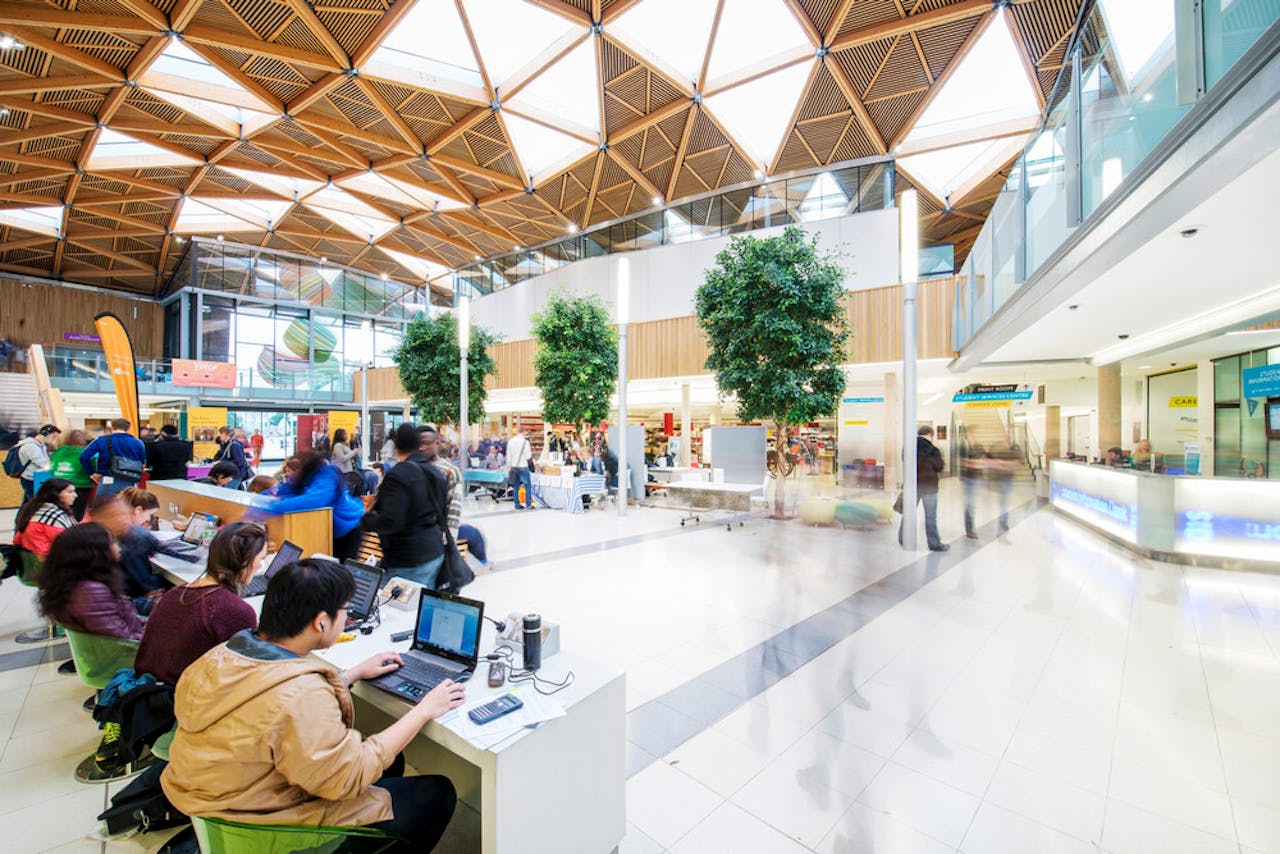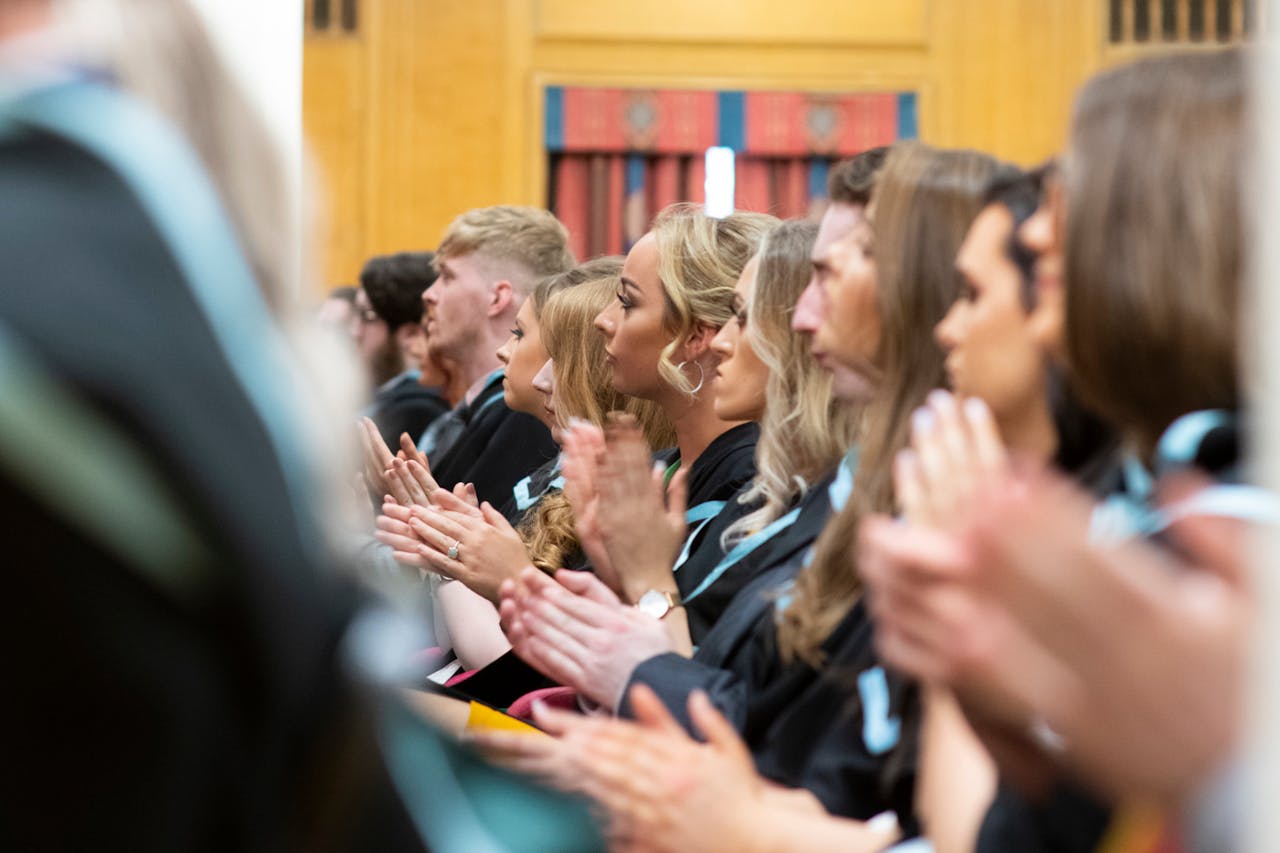How teachers and advisers can support LGBTQ+ students
1. Allyship
Allyship is crucial for fostering inclusion and equality, and a big part of breaking down barriers for queer students to help them have a better chance at accessing opportunities. This may look like amplifying the voices of those who are less able to speak, or educating yourself and others. You could ask yourself - do I know the struggles potentially faced by LGBTQ+ young people? Stonewall has created a fantastic guide aimed at educators on proactive ways to ensure your LGBTQ+ students feel supported. When young people feel supported and safe, they will be significantly more likely to progress to higher education and selective universities.
2. Representation
Representation is fundamental for personal development and accessing HE. If we can provide role models who young people can see themselves in, we can create a sense of social belonging and how we make spaces truly inclusive. When students see themselves represented in educational spaces, then they are more likely to have the confidence, ambition and self-belief to say “yes, I can go on to achieve”.
We can do this by implementing queer role models in the curriculum, including those with other protected characteristics such as queer people of colour, LGBTQ+ disabled people, and LGBTQ+ people of faith. Schools with better queer visibility are significantly less likely to experience problems surrounding homophobia and bullying. LGBTQ+ learners in these settings are also more likely to report feeling safe, welcome and happy. [4]
3. Queer Spaces
Educational spaces sometimes lack availability of queer-friendly spaces. Staff and schools can support young people to set up equality, diversity or peer support groups in school to enable children and young people to lead their own projects and talk about LGBTQ+ people and their experiences. The implementation of an LGBTQ+ club or society in schools is a great tool to ensure accessible queer spaces. These are great opportunities for queer youth to make friends with other queer students, to build their confidence and self-esteem, and to access important information and guidance from youth professionals or educators.
These can also be great opportunities to work with students on increasing their aspirations for the future, and to generate networks where students can support one-another with researching options for higher education, writing personal statements, and revising.
4. Wellbeing
As previously discussed, queer learners may face additional wellbeing and mental health concerns, so it’s important for educators to ensure that all staff feel confident in being able to signpost students to appropriate mental health support, especially for students struggling with queer-related issues.



